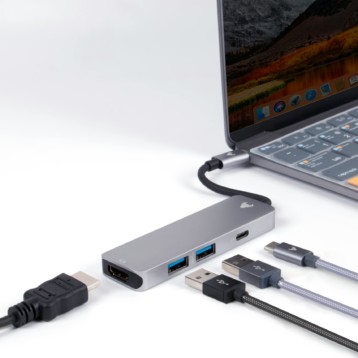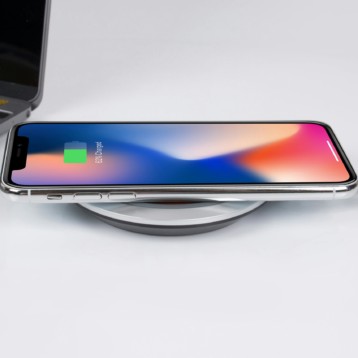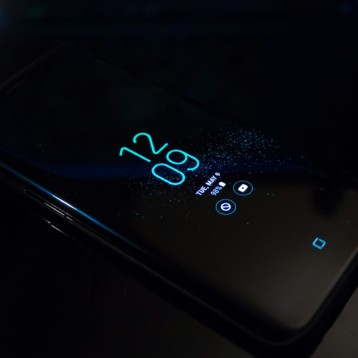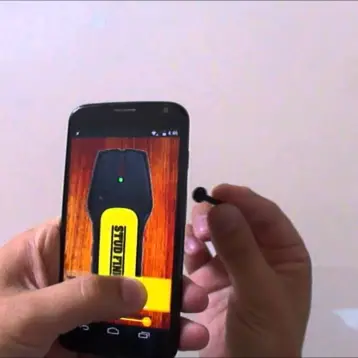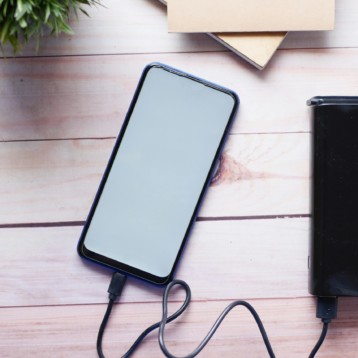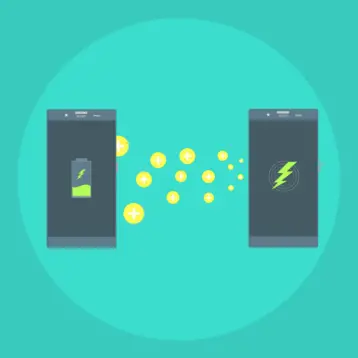
It’s that time of year again – we’ve had our yearly releases from our beloved big brands and some impressive new technologies, but what’s next for our pocket computers? Let’s dive right into what could be up next for our pocket wonders.
Different Power Solutions
One of the main technical limitations to any advancement on an existing technology is power; the way we store power conventionally is limited by size, we can only store a finite amount of power inside a power cell. This seemingly simple issue is a problem we will have to solve before any major improvements are made to the hardware specifications in our devices currently, without compromising battery life to a significant extent. This could be potentially solved through the use of a wireless power solution – much like the way that wireless charging works on a charging pad, the same sort of technology could be implemented into a larger environment, in which the power required for the device would be given through such a system. Refining such a solution as this, the potential for hardware enhancement could be massive, which would consequentially bring more complex apps to our smartphones.
Voice Control and AI
Since the introduction of smart speakers in the home, and voice assistants on the majority of devices in their many different forms, the improvement of AI and voice control has become a central topic in the development of the smartphone. The main development that will likely be made here is developments in the AI in place for this technology – with progress on neural networks gaining speed, it’s likely that their usage will be much more prominent in the AI we see in years to come. Although traditional neural networks are now present in most smartphones today, recent developments in new forms of this technology are growing the uses even more. Particularly, Google’s recent announcement of ‘capsule’ neural nets.
We’ve seen very advanced AI before in films – one prominent example that comes to mind is Iron Man’s ‘Jarvis’ AI – this kind of technology shares a lot in common with what we already have, but has the ability to adapt and learn to an advanced level, even knowing the personality of its users. We could see this kind of AI implemented into our beloved smartphone assistants sooner than we think if progress continues.
Virtual and Augmented Reality
A cornerstone of a smartphone is its integration into our daily lives. The vast majority of features we see being introduced in the next model of our devices is tailored to make our day-to-day easier – augmented reality, incorrect implementation, could be the next groundbreaking implementation on smartphones. With massive games such as Pokémon Go introducing an AR element into mobile gameplay bringing hundreds of people together, this technology is clearly very popular and will likely be used in other, more general ways. SwitchedOnInsurance has an interesting article detailing ways this kind of technology is already present; 360 degrees YouTube videos being a prime example.



